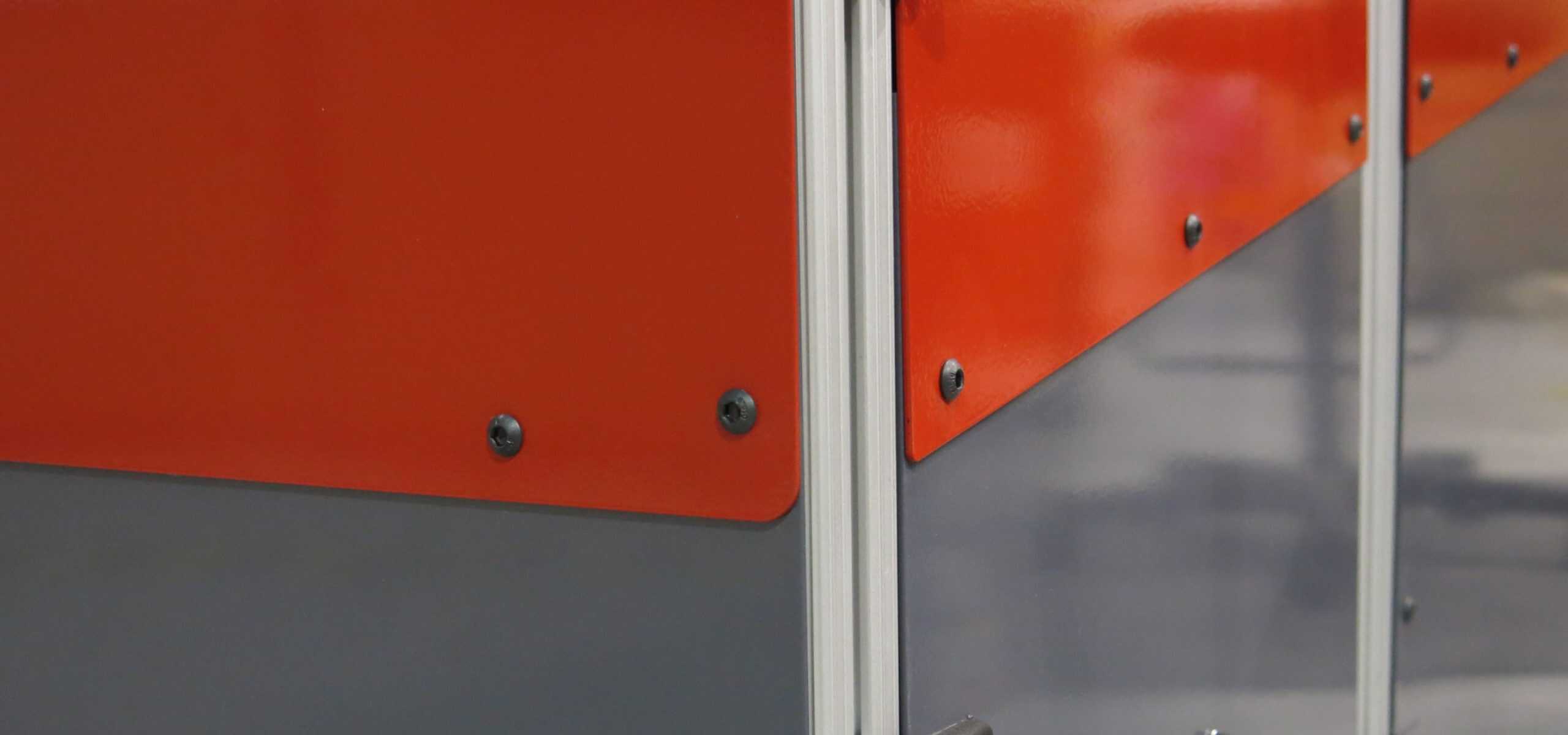Posted on: April 4, 2023
Last month at ProMAT 2023, our Co-CEO, and Vice-Chair of MHI’s SLAM Group, Steve Pickfield took to the stage with other industry leading professionals to share his knowledge on the current state of the automation industry. The key take away of the seminar was this:
The last 100 feet of the pack line, also know as the SLAM (Scan, Label, Apply, Manifest) section of warehouse operations, has recently come under the spotlight, for both B2C and B2B organizations, as an area where relatively small investments can produce outsized returns.
THE B2C LANDSCAPE
The importance of automation has mounted as modern consumers rely more and more on e-commerce as an avenue to fulfil their shopping needs. And their expectations are high. Incentives such as free shipping, sales, and discount codes are viewed more as the rule than the exception, and the importance of timely and accurate delivery cannot be overstated.
But even if you have optimized all those processes, it still doesn’t help you to stand out. Given the plethora of choice available, businesses that want to attract new customers and retain old ones need to think creatively about how they can make the online experience as bespoke as possible.
Given that the package is the only real physical interaction a company will have with its customer, tailoring a unique unboxing experience (in the form of handwritten notes, or couture packaging designs) helps to foster a more meaningful connection. 72% of consumers are more likely to be loyal to a brand if they offer a personalized experience with additional rewards and benefits. (Global Consumer Report: Current and Future Shopping Trends, 2022)
Of course, this kind of personalization can be costly and time consuming, which is why many organizations are now realizing the outsized ROI that comes from automation in the last 100 feet of the pack line.
THE B2B LANDSCAPE
Much of what is true about the B2C landscape is true of the B2B landscape, especially in the case in the case of 3PLs that process dozens, if not hundreds, of clients unique packaging needs. This is where the likelihood of human error is most likely to occur, and also where it is most important to minimize.
Given that the burden of returned packages falls on the 3PL, reducing errors and potential chargebacks is financial necessity, and automating pack line operations is the most effective method of achieving this.
But in some cases, it is not merely a financial consideration that makes perfect packaging a necessity. In industries such as pharmaceuticals, nutraceuticals, and healthcare it is a public health imperative. When dealing with medications and healthcare equipment, a pack line needs to operate as diligently and carefully as the most highly trained medical professional.
Luckily, with the right kind of automation, ensuring an error free process is very achievable. Technologies such a barcode and image verification, check weighing, and package reject lines, can effectively double, triple, and even quadruple check an order before it goes out, and make sure every box contains exactly what it needs.




